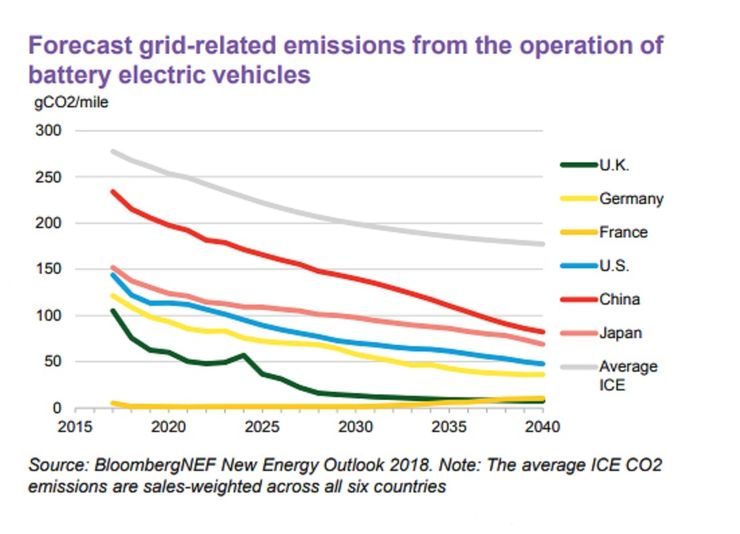Surely they could go down the modular battery route for trucks. I actually think this would be a viable solution for cars too, but the manufacturers would never go for it.
They could, but from what the likes of Tesla are saying, they're aiming to produce trucks that have enough batteries onboard to last a shift, and that's all that's really needed given how tightly regulated driver hours are. You're right, that modular batteries have a better chance of working for trucks than cars, and I guess the tradeoffs between modular batteries and designing a vehicle around a non-modular battery are different for trucks, but I guess we'll have to wait and see. You may see them first in something like combine harvesters, which when they're needed, are needed 24/7 with little time for recharging, and the electrical supply in rural areas may not be up to the job of high-speed recharging.
I got slated a while back over hydrogen, it is the way forward, whats going on reminds me of the vhs, betamax wars and believe me hydrogen will win in the end
You keep asserting this with no evidence behind it. As has been repeatedly pointed out to you, hydrogen is used at half the efficiency of electricity to is unlikely to be cost-effective relative to electricity just for the "fuel", never mind the huge amounts of infrastructure that need to be put in place (which need to be paid for). And the chemical industry will be sucking up most of the hydrogen supply for the next 10+ years. Hydrogen will only ever be a niche for vehicles, in the same way as LPG is a niche for vehicles and domestic gas.
My big concerns is where we get all this power to charge cars and make synthetic fuel from. Globally its a huge amount of energy required. We need a Tony Stark to come along and make fusion reactors work cheaply and efficiently that can be scaled quickly across the world.
As at the end of the day this is the fundamental crux of the issue, we need cheap energy to power 'things', be it vehicles, homes or factories. At the moment Dino juice is the cheap energy. If we can get something as cheap and in a similar volume, then we'll have no issues swapping over. The issue is renewable isn't cheap and isn't consistent and there just isn't enough of it.
Well - we use that much energy now in petrol/diesel, but since electric cars are so much more efficient than dino juice cars, you need less energy in absolute terms. It's not nothing to electrify the UK's vehicle fleet, but it's doable -
in the electric car thread I calculated it's the equivalent of 18GW 24/7, or 54 GW between 10pm-6am, compared to total generation capacity of >75GW (and in 2020 43% of British electricity came from renewables). You do need some more generation capacity, but not as much as you might think - and eg the UK is already aiming for another 40GW of offshore wind generation by 2030.
Because "renewables" - in the form of offshore wind and solar *are* the new cheap forms of electricity generation - even before the recent chaos in the natural gas market, they were cheaper than gas. Yes, there's issues with availability, but they're getting better - and the batteries in cars could help with that on a short-term basis.





































![BREWING THERMOMETER STICKERS ACCURATELY MONITOR FERMENTING BEER & WINE LIQUID TEMPERATURES 5PCS HOME BREW SPIRITS WINE LCD ADHESIVE [US]](https://m.media-amazon.com/images/I/311DDjo2X3L._SL500_.jpg)




